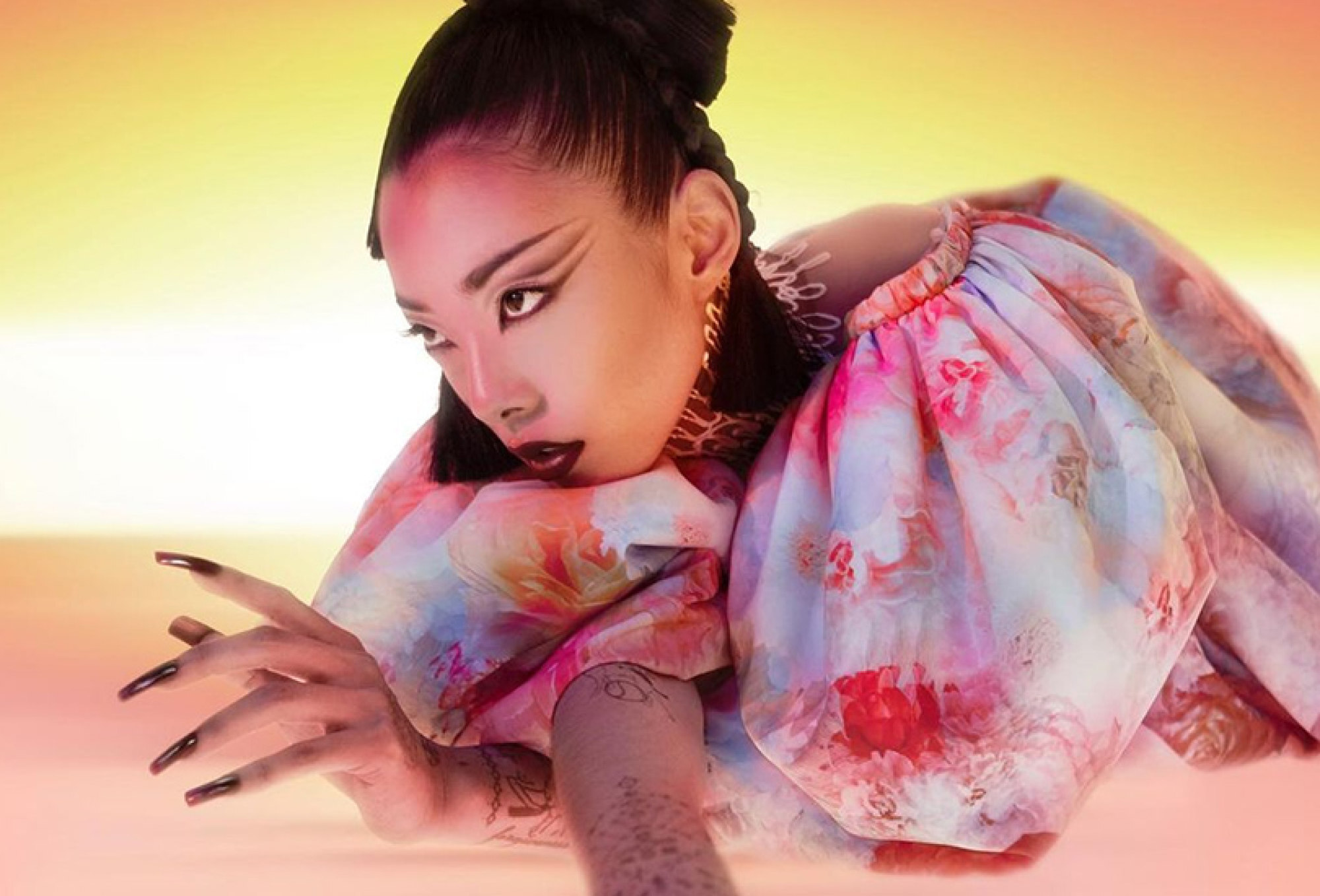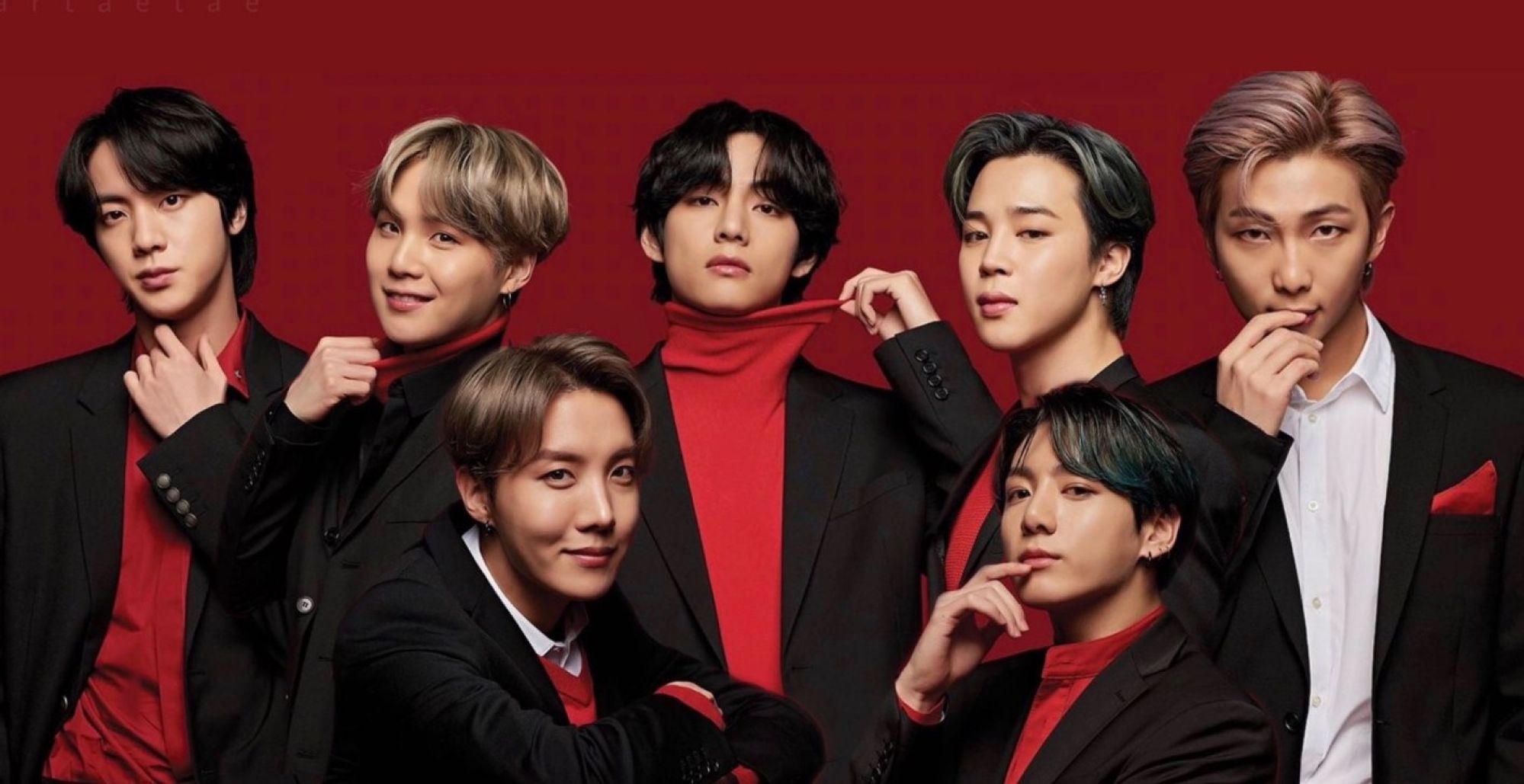
BTS coronavirus insult shows the media and entertainment worlds are overdue a reckoning with their tolerance for racism
- A German radio host’s comparison of the K-pop stars to a virus is one of three examples this week that reflect poorly on Western entertainment industries
- It is everyone’s duty to help create more inclusive, accepting spaces for artists and audiences where racism and hate have no space – before any outcry
A German radio show host recently compared K-pop phenomenon BTS to a virus that needed a vaccine because he didn’t appreciate the band covering Coldplay on MTV Unplugged.
A day earlier, the Brit Awards and the Mercury Prize announced changes to their rules after a long-term UK resident and pop star, Japan-born Rina Sawayama, pushed for more inclusion after being kept out of the running for prizes for not being a British citizen.
And the month of February as a whole – during which Black History Month is commemorated in the US – ended with the American awards show the Golden Globes facing numerous race-related issues, including American immigrant story Minari being considered a foreign film and the voting pool of the Hollywood Foreign Press Association having no black members.
Entertainment and art have long been considered liberal realms, but the teeth of white supremacy are sunk deep into historic institutions, and the above three examples from the past week alone reflect how poorly the media and entertainment industries of the Anglosphere is failing to rise to the occasion and hold themselves accountable. They also show that much work needs to be done at a time when hate and racism are rampant – and often deadly.

In each of the recent situations, a public outcry – not industry norms or old-fashioned morals – resulted in change. In future, the media and entertainment industries need to be more inclusive and provide a voice for those at risk rather than serve as a platform for those causing harm, without having to be backed into a corner to make change. Institutionally, the industries need to be more progressive than reactive.
The decision to change the Brit Award and Mercury Prize rules was ultimately made by the British Phonographic Industry after Sawayama called it out last year for telling her she wasn’t “British enough”. The XS singer has lived in the UK for more than 20 years, but because she retains a Japanese passport and her country of birth doesn’t recognise dual citizenship, she isn’t a British citizen.
AOA’s Mina is still reeling from being the victim of K-pop bandmate’s bullying
In speaking out, Sawayama highlighted the way the institutions were overlooking the art and voices of anyone who isn’t a British citizen, including immigrants, refugees and disenfranchised individuals.
Similarly, the Golden Globes only announced it would attempt to make changes after the Los Angeles Times reported that the Hollywood Foreign Press Association, which votes for the Golden Globes, was so lacking in diversity that it did not include a single black person. This comes after years of black Americans facing violent racism, culminating most recently in last summer’s Black Lives Matters (BLM) protests against police brutality. Last June, the Golden Globes expressed support for BLM, but didn’t make any widespread changes until it was shamed by the Times report. It is far from the only media or entertainment institution in the US that has not made room for diverse individuals.

The upset came amid reports of increasingly violent and deadly hate crimes targeting people of Asian descent across the globe, especially in the US where former president Donald Trump continues to refer to Covid-19 as the “China virus” – a smear emulated by Matuschik. His xenophobia and outrage over the group covering a white band also highlighted how traditionally white-dominated radio stations have been extremely reactive to BTS – the popular group have received relatively limited radio play in many Western countries, even in markets where English-language music is not dominant.
Media and entertainment institutions need to do better. Creatives can be the heart of change, but white dominance in entertainment sectors has been excused and allowed for too long.
Shouldn’t we be running together towards a future where everyone is uplifted rather than endlessly enduring viral moments of hate that become clickable talking points? It shouldn’t take a public shaming for a radio host to reconsider racist rhetoric, or an awards show to look at art beyond limited perspectives. By doing so, not only are we helping perpetuate hate, but also relying on victims to educate those doing the damage.
It is everyone’s duty - especially those of us who have benefitted from our whiteness - to help create more inclusive, accepting spaces for artists and audiences where racism and hate have no space before any outcry, before any backlash, before being educated by audiences.
We don’t need more diversity reports to tell us that various institutions have internalised racism. Let’s lift up those who have been harmed and hindered, and help them be heard in a world that has often done its best to silence them. Racism isn’t an opinion and it should have no place in the media and entertainment industries.
